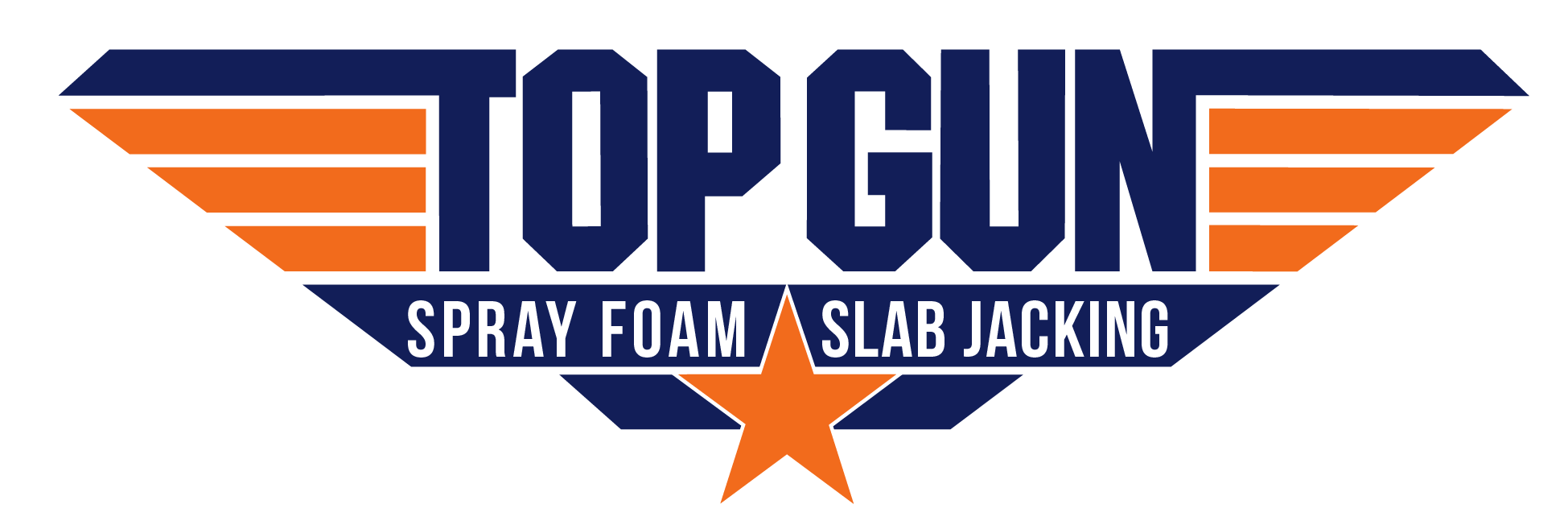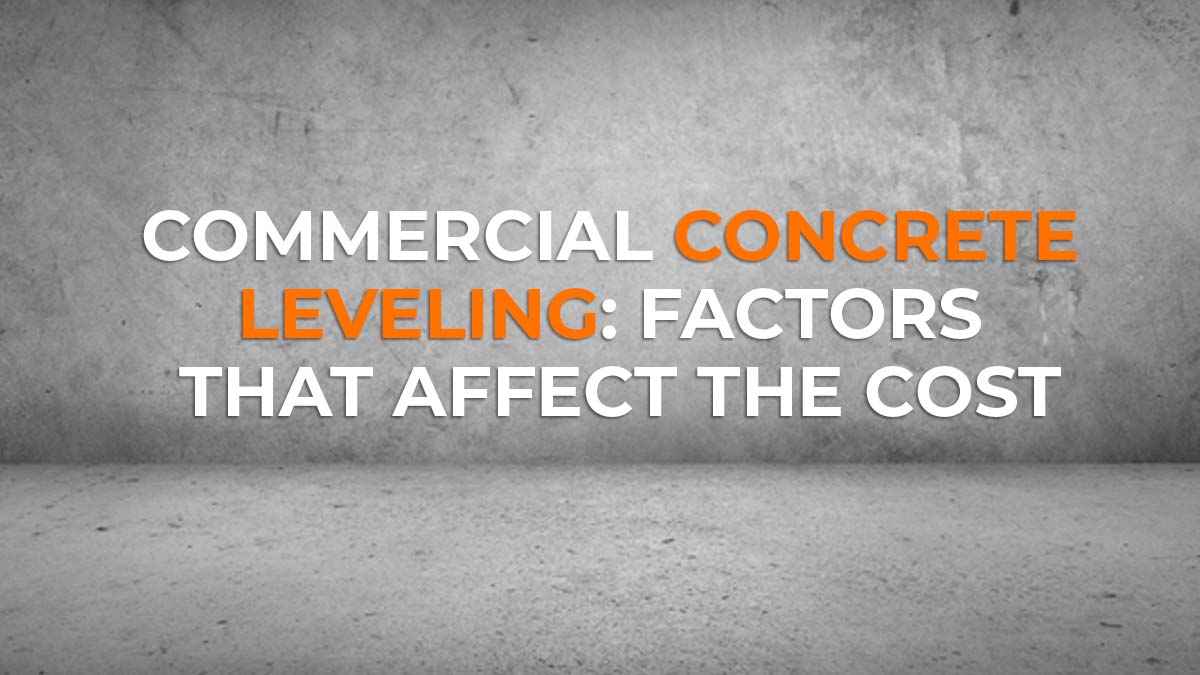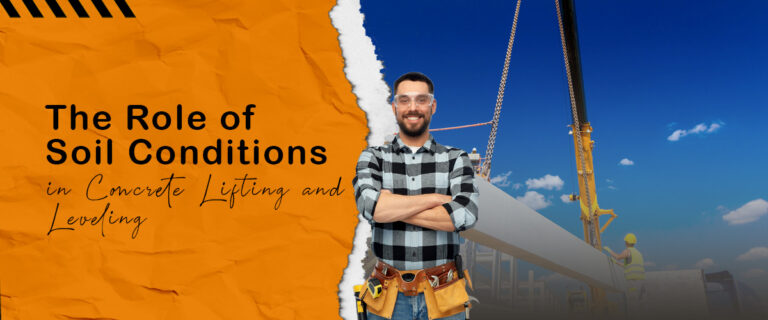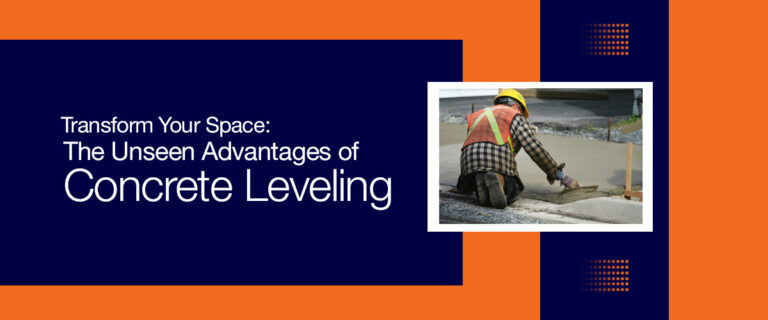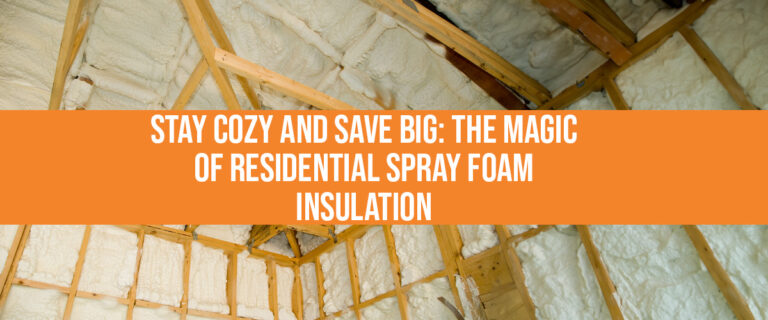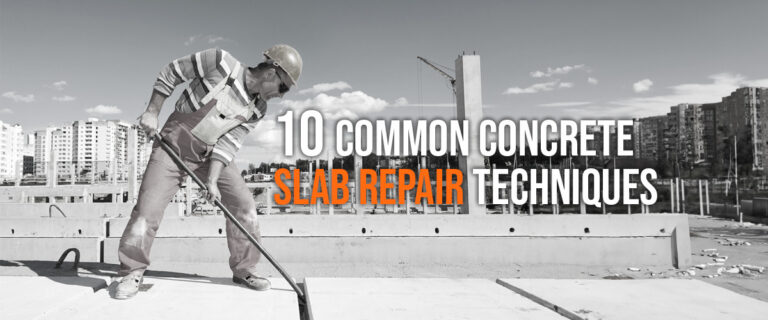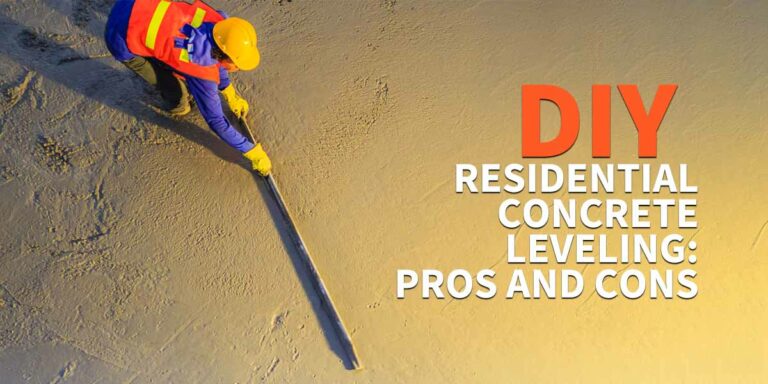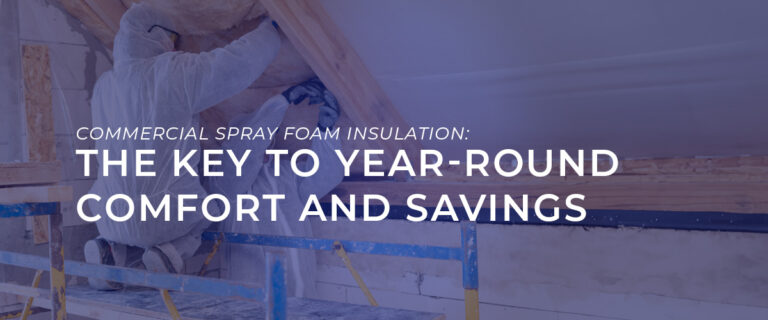Commercial Concrete Leveling: Factors That Affect the Cost
Ever wondered if investing in concrete leveling is worth the pocket? Commercial concrete leveling is an essential process that ensures the safety and durability of any concrete structure. Level concrete is necessary for preventing accidents and maintaining the structural integrity of a building. Regarding commercial concrete leveling, various factors can affect the project’s cost. This article will discuss the key factors that influence the cost of commercial concrete leveling projects.
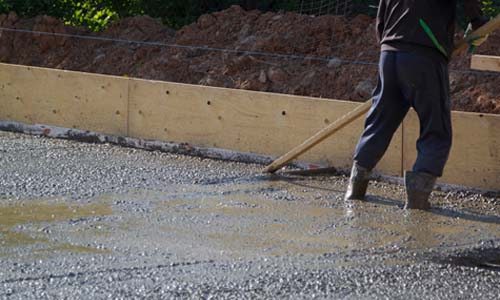
What is Commercial Concrete Leveling?
Restore uneven surfaces in commercial settings with commercial concrete leveling for warehouses, parking lots, and sidewalks. It is typically achieved through mud jacking, which involves pumping a mixture of cement, water, and soil underneath the sunken concrete slab to lift it back to its original position.
Concrete leveling addresses underlying ground issues, unlike patching or resurfacing, which only covers surface problems in commercial settings. Additionally, leveling is often more cost-effective than replacing the entire concrete surface.

Factors Affecting the Cost of Commercial Concrete Leveling
Commercial concrete leveling costs depend on several factors, including the project’s size and complexity, the existing concrete’s condition, the type of leveling technique used, the availability of materials and equipment, labor costs, and the project’s geographic location.
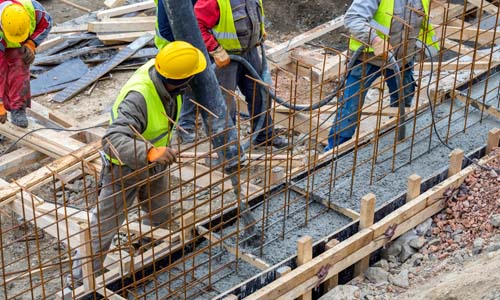
1. Size and Complexity of the Project
The size and complexity of a project significantly affect the cost of commercial concrete leveling. More extensive projects tend to require more resources, including materials, equipment, and labor, which increases the overall cost. Similarly, complex projects with challenging layouts, limited access, or intricate designs will require more effort and specialized equipment, raising the price.
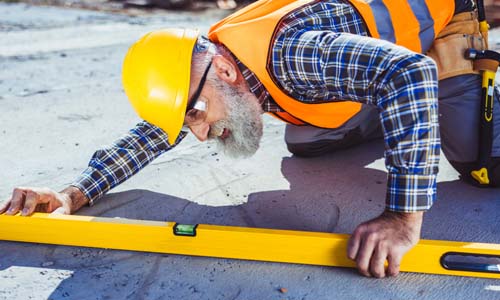
2. Condition of the Existing Concrete
The condition of the existing concrete is another critical factor that affects the cost of commercial concrete leveling. If the concrete is severely damaged or has deep cracks, voids, or settlements, additional repair work may be necessary, increasing the cost. In addition, if chemicals, oils, or other substances contaminate the concrete, the cleaning process may be more extensive and add to the price.
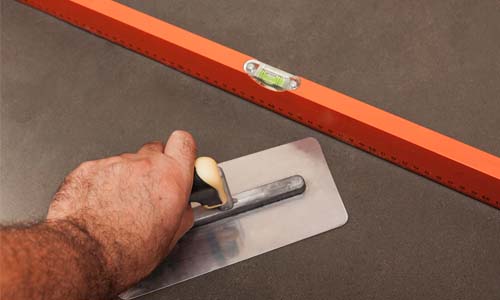
3. Type of Leveling Technique Used
Commercial concrete leveling professionals use different techniques; their chosen method also affects the cost. For instance, traditional mud jacking is a cost-effective technique that involves injecting a mixture of cement and water beneath the concrete surface to raise it. In contrast, foam leveling is a newer, more expensive technique that injects an expanding foam beneath the concrete surface to lift it.
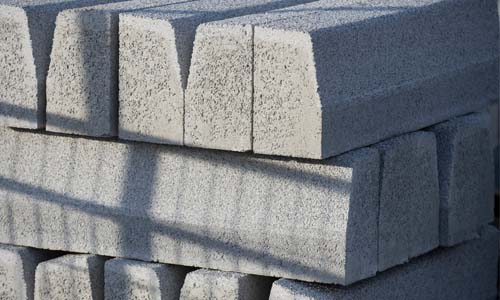
4. Availability of Materials and Equipment
The availability of materials and equipment can also affect the cost of commercial concrete leveling. If certain materials or equipment are scarce, sourcing them from other locations may be necessary, which can increase the price. In some cases, obtaining materials or equipment may cause project delays, adding to the overall cost.
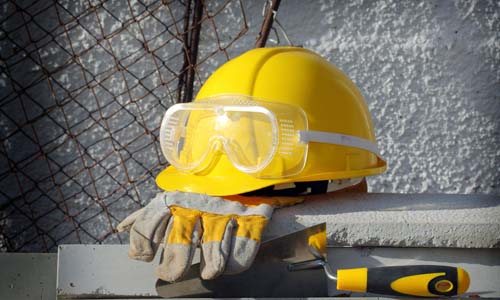
5. Labor Costs
An essential portion of the entire cost of commercial concrete leveling is labor. The job’s complexity, the length of time needed to perform it, and the experience and skill level of the workers are all factors that affect labor expenses. Accurate labor cost estimation guarantees the project’s financial viability.

6. Geographic Location of the Project
The project’s geographic location is also a crucial factor influencing the cost of commercial concrete leveling. Labor and material costs can vary widely depending on the location. For instance, labor costs may be higher in urban areas than rural areas due to the higher cost of living. Similarly, the cost of materials may be higher in certain regions due to transportation costs or availability.
Moreover, if the location is also prone to water or rising water, the structure and type of material will also depend on how solid the ground is.

7. Accessibility of the site
The accessibility of the site can also affect the cost of commercial concrete leveling. Difficult-to-reach areas, such as those with limited or narrow access points, may require specialized equipment or extra labor to complete the job, which can drive the cost.
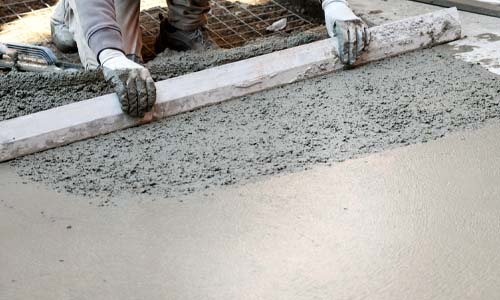
8. Type of leveling method used
Professionals who perform commercial concrete leveling can use various ways, each with advantages and disadvantages. The choice of method can impact the project’s cost, as some techniques require more materials or labor than others. Foam leveling is faster and more precise but costlier due to specialized equipment and materials than mud jacking. Ultimately, the optimal approach for a given project will depend on variables, including the size and condition of the concrete surface, as well as the project’s budget and schedule.
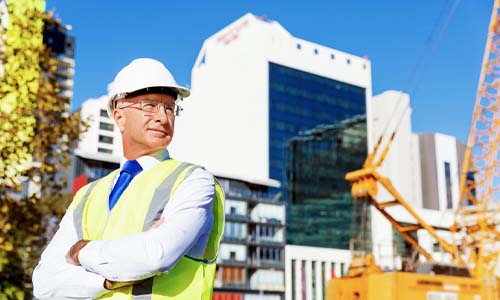
Concrete Leveling as a Good Investment for Your Infrastructure
In conclusion, commercial concrete leveling is an essential maintenance practice that can ensure the safety and durability of commercial buildings. Retail substantial leveling costs depend on several factors, including the project’s size and complexity, the existing concrete’s condition, the type of leveling technique used, the availability of materials and equipment, labor costs, and the project’s geographic location.
In addition, ignoring the signs of concrete settling and delaying repairs can lead to further damage and even more costly repairs. By investing in commercial concrete leveling, businesses can save money in the long run and prevent potential hazards. So feel free to address any substantial settling issues and contact a reliable contractor or professional to help determine your project’s best course of action. With careful consideration of the factors that affect the cost of commercial concrete leveling, you can find cost-effective solutions that meet your needs and budget. With concrete leveling in check, you can make your commercial buildings more accessible and inviting to your customers––making them look aesthetically pleasing as a bonus!
